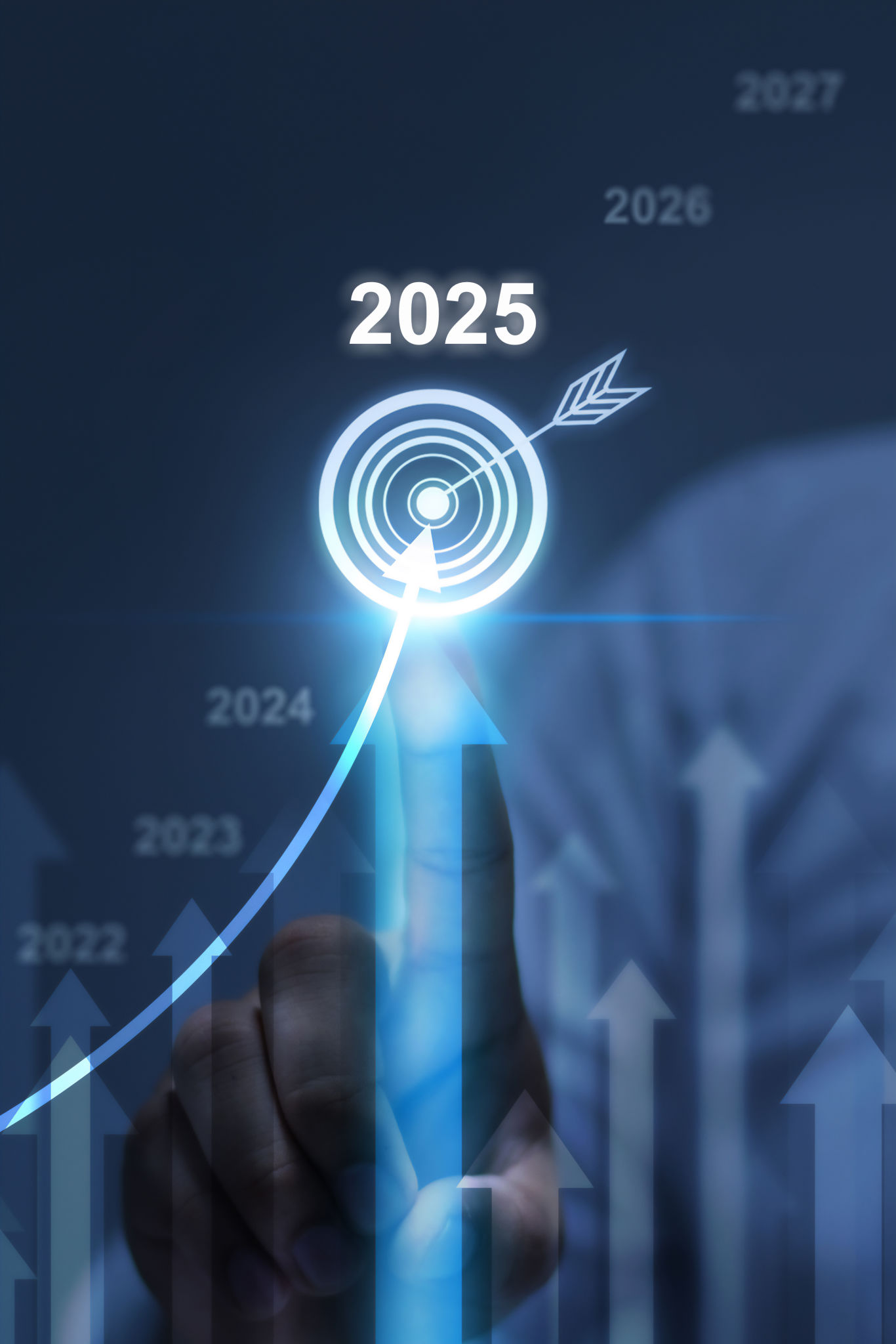Boost Your Business with Seasonal AI Marketing Strategies
Understanding Seasonal AI Marketing
In today's fast-paced digital landscape, businesses must stay agile to remain competitive. One effective way to do this is by leveraging seasonal AI marketing strategies. These strategies involve using artificial intelligence to tailor marketing efforts according to the seasons, ensuring that campaigns are timely, relevant, and impactful.

Why Seasonal Marketing Matters
Seasonal marketing is more than just offering discounts during holidays. It involves understanding customer behavior patterns throughout the year and adjusting marketing tactics accordingly. By aligning campaigns with seasonal trends, businesses can increase engagement and drive more conversions. AI enhances this process by analyzing large datasets to predict trends and customer preferences with high accuracy.
Key Benefits of AI-Powered Seasonal Marketing
Integrating AI into your seasonal marketing strategy offers numerous benefits. Here are some key advantages:
- Enhanced Personalization: AI can help create personalized experiences by analyzing customer data and predicting what products or services they are likely to need during specific seasons.
- Optimized Timing: AI tools can determine the best times to launch campaigns, maximizing reach and impact.
- Cost Efficiency: By targeting the right audience at the right time, AI helps reduce wasted ad spend.

Implementing AI in Your Seasonal Strategy
To effectively incorporate AI into your seasonal marketing strategy, start by collecting and analyzing data from past campaigns. Use AI-driven tools to identify patterns and forecast future trends. Once you have these insights, tailor your content, promotions, and communication channels to resonate with your target audience during each season.
Examples of Successful Seasonal Campaigns
Many companies have successfully implemented AI-powered seasonal strategies. For example, e-commerce businesses often use AI to create dynamic pricing models that adjust based on demand fluctuations during peak seasons like Black Friday or back-to-school periods. Similarly, fashion brands may use AI to predict upcoming trends and stock inventory accordingly.

Challenges to Consider
While the benefits of seasonal AI marketing are substantial, it's important to be aware of potential challenges. Data privacy concerns are paramount, as businesses must ensure they handle customer information responsibly. Additionally, integrating AI into existing systems may require significant investment in technology and training.
Future Trends in Seasonal AI Marketing
The future of seasonal marketing will likely see even greater reliance on AI technologies. As machine learning algorithms become more sophisticated, they will provide deeper insights into consumer behavior and enable even more precise targeting. Businesses that embrace these advancements will be well-positioned to capitalize on emerging trends and maintain a competitive edge.
Conclusion
Seasonal AI marketing strategies offer a powerful way for businesses to enhance their marketing efforts and boost their bottom line. By utilizing AI-driven insights and tools, companies can create more personalized and timely campaigns that resonate with their audience throughout the year. As technology continues to evolve, staying ahead of the curve with innovative strategies will be crucial for sustained success.

